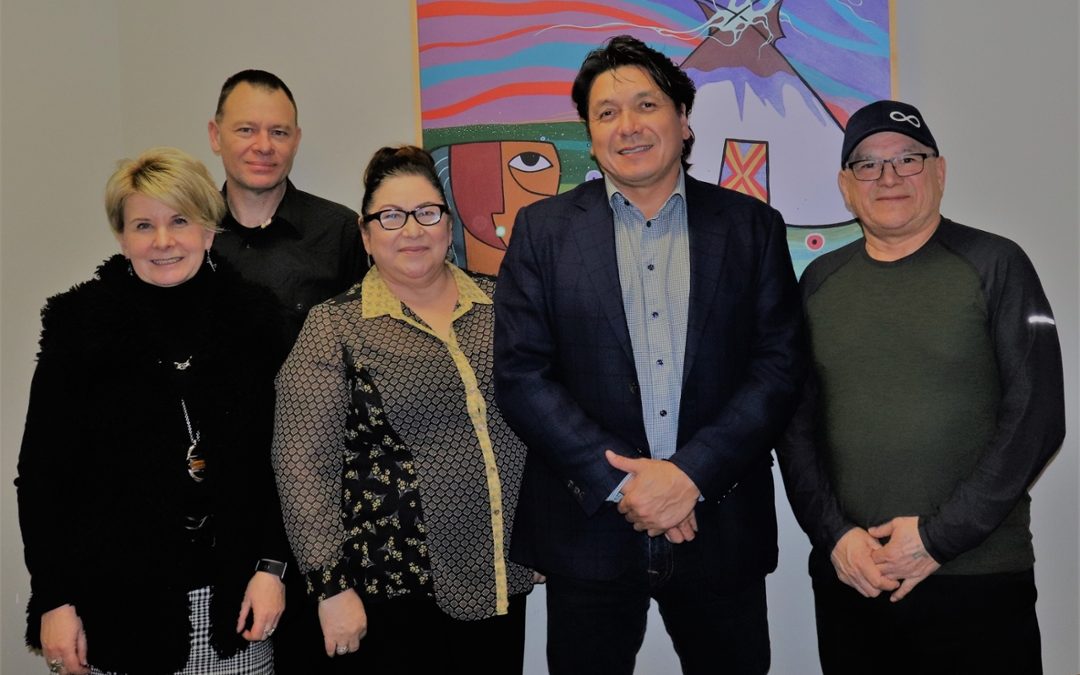The University of Saskatchewan (USask) has received $5 million in Canadian Institutes of Health Research (CIHR) funding as part of a new initiative to form a network of Indigenous research centres.
The $100.8-million Network Environments for Indigenous Health Research (NEIHR) program is the largest single investment in Indigenous health research in the country’s history.
USask faculty member Dr. Carrie Bourassa, scientific director of the national Institute of Indigenous Peoples’ Health will spearhead the 16-year initiative.
CIHR is using $1.5 million for USask medical anthropologist Dr. Caroline Tait to lead the national co-ordinating centre based at the University of Saskatchewan.
“I think that it makes sense that we have the national co-ordinating centre here,” Tait said. “It’s a really exciting time. I couldn’t be happier. In Saskatchewan, we have such incredibly innovative and creative and smart First Nations and Métis people. We want to make sure that any Indigenous community and any Indigenous organization that is working in the area of health has opportunities to partner in research.”
Tait is a member of the Métis Nation-Saskatchewan (MN-S) and will also look after the Saskatchewan NEIHR network with the help of many researchers and partners and $3.5-million from CIHR.
“The goal of the centres is to go after research money that we haven’t gone after previously,” Tait said. “There are some First Nations that are incredible when it comes to research. Communities like Sturgeon Lake First Nation have had lots of research experience. We are hoping that those communities can be mentors to other communities that have not had the opportunity to participate in research. The majority of our provincial network members are First Nations and Métis peoples who are best placed to lead health research, training and knowledge mobilization for our communities. These networks will help improve the health of Indigenous peoples by removing the barriers communities face in conducting their own health research, and by matching community needs with researcher interests and expertise.”
USask, the University of Regina and the First Nations University of Canada are providing funding to establish networks for First Nations and Métis communities in the province.
These two networks will give out $300,000 in grants, support over 50 Indigenous students and hire 12 people.
(PHOTO: Left to right, are USask researchers Dr. Caroline Tait and Simon Lambert, MN-S health minister Marg Friesen, Whitecap Dakota First Nation Chief Darcy Bear and MN-S President Glen McCallum.)
